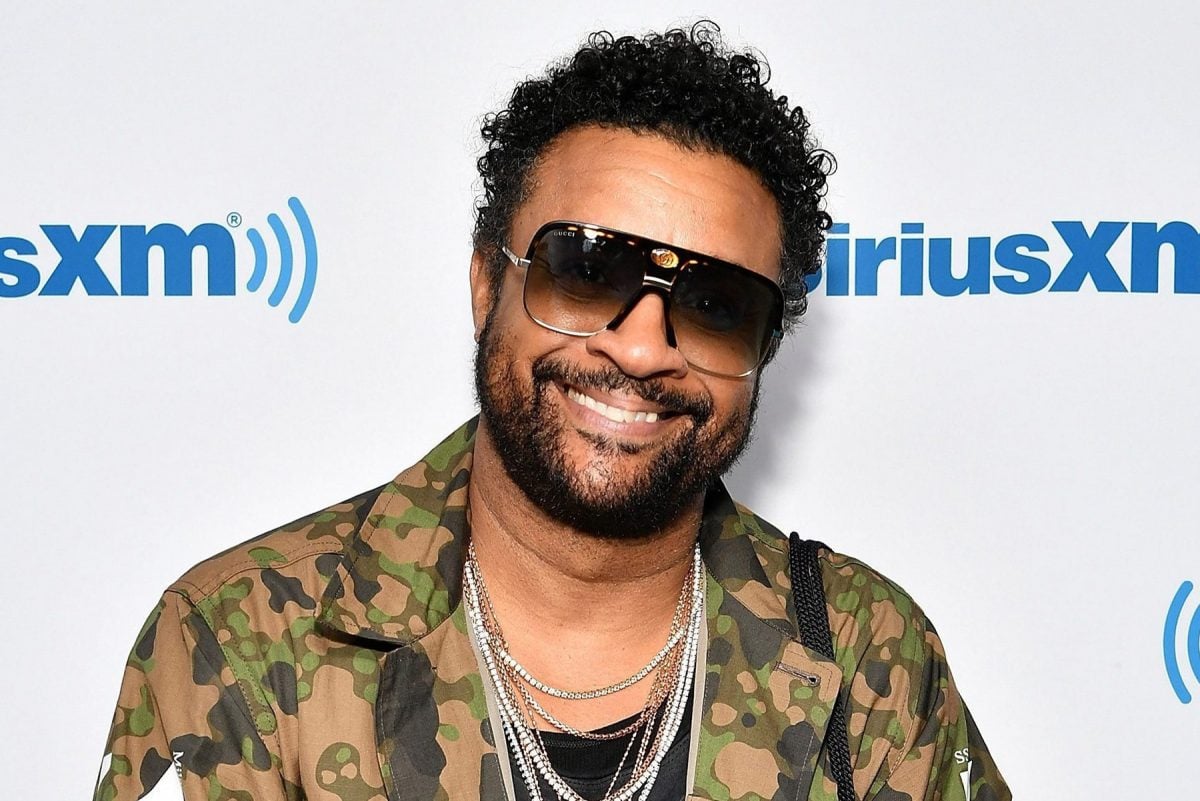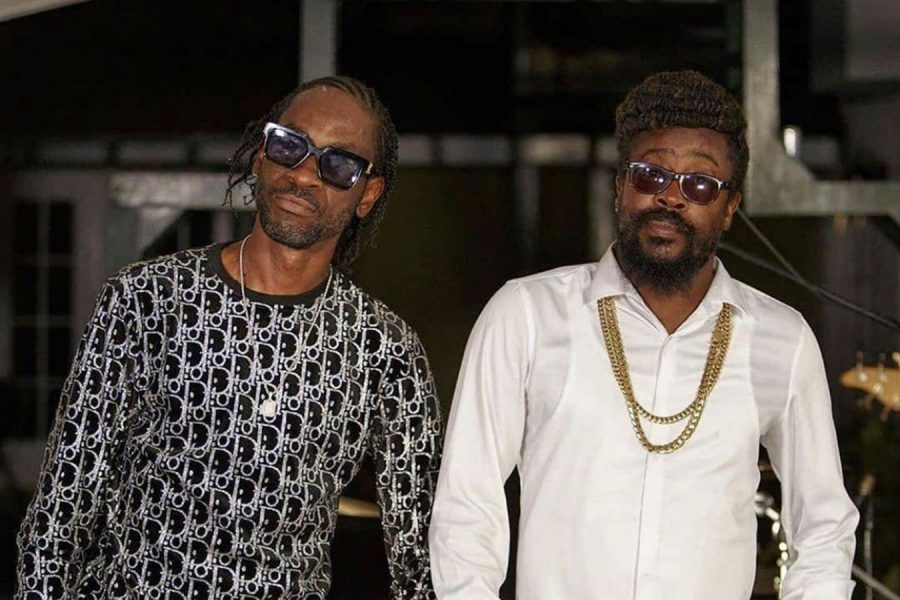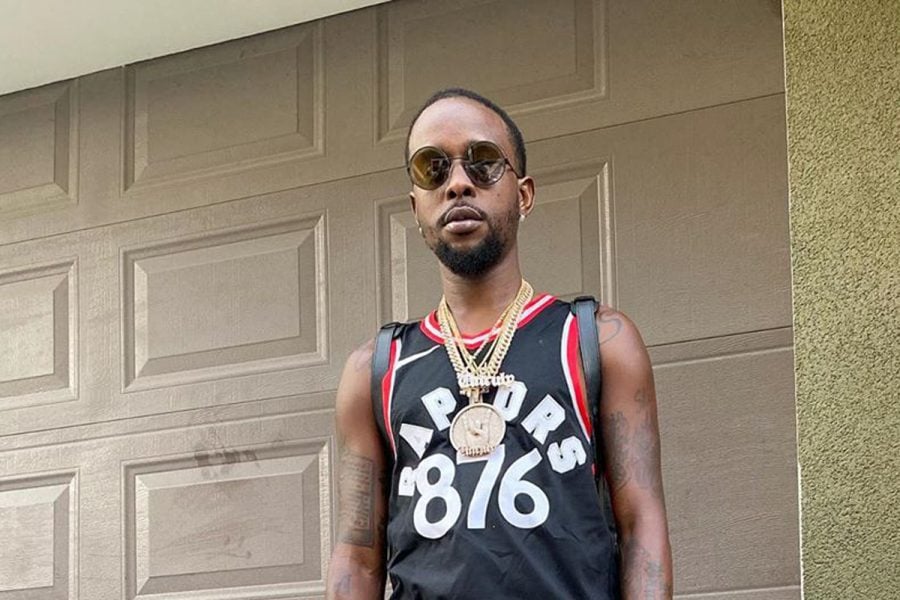Shaggy Says Dancehall Is Shackled Because Leading Artistes Cannot Travel To US

Dancehall icon Shaggy says a movement must start immediately, to enable fellow superstars Beenie Man and Bounty Killer to get back their US visas, to allow them to travel the world, and for the genre’s streaming numbers to grow.
“We have five major players in dancehall now that are not mobile, that cannot represent the culture: Vybz Kartel, Buju Banton, Popcaan, Beenie Man and Bounty Killer,” Shaggy said during an interview with DJ Andrew Fresh recently.
“Five massive columns, pillars of dancehall culture that cannot move to go and promote the culture, and we need to start having the conversation. Because dancehall has the lowest streaming numbers of all formats. It has the lowest numbers compared to Afrobeats and Hip Hop,” Shaggy explained.
His new call follows another plea which he made a few days ago for the reinstatement of visas for the duos, following their epic Verzuz clash last Saturday night, which attracted more than 480,000 live viewers worldwide and a billion impressions for Brand Jamaica.
According to the It Wasn’t Me singer, dancehall has the lowest streaming numbers of all music genres, despite it being a massively influential art form and its artistes well-loved globally. This, he said, has been due to some of its biggest names, like Beenie and Bounty, being slapped with visa revocations ten years ago, rendering them being unable to tour as much they could.

In an Instagram post on Monday, Shaggy had said Beenie Man and Bounty Killer are musical ambassadors. He explained that they had boosted Brand Jamaica by providing positive exposure to its tourism, economy, and music, after their epic performance, which resulted in VERZUS’ Instagram followers ballooning to one million from less than 200,000 up to the day of the event.
The Strength of a Woman artiste had also argued that despite their contribution to the industry, the artistes were being shackled by the inability to travel to, or en route to other countries via the United States, and needed both governmental and national support to get the permits returned.

“What I could have done, is what I did. I made a post, and it went viral, and it was really just to start the conversation. Now they are having the conversation; because, as far as I am concerned, that is what my intention was. Let’s start the conversation; let’s figure out how we can impact and see how we can get back into the game,” the Rae Town native said.
“Because the lower the (streaming) numbers are, that doesn’t give us a seat at the table and it trickles down to tourism; it trickles down to the economy. Mi a do weh me can do. No man is an island. It needs to be a movement. If dancehall music is not streaming, then the numbers are low…,” he stressed.
In a recent Loop News article discussing the impact of streaming on dancehall, veteran entertainment reporter Claude Mills had noted that streaming is a relatively new revenue source for dancehall and reggae artistes.
Mills cited data from YouTube, which revealed that during the first three months of 2020, Vybz Kartel was the most streamed artiste in Jamaica, racking up 12.5 million views, followed by Chronic Law with 6.05 million views, and Alkaline with 5.09 million. Grammy girl Koffee’ Toast was the most streamed single in 2019, with 85 million views on YouTube and 40 million streams on Spotify.
He noted that YouTube pays approximately US$0.00069 per stream, which works out to US$1,750 for every million streams.
Grammy winner, Sean Paul, has the distinction of being the most-streamed Jamaican artiste on Spotify with 17.6 million monthly listeners, followed by Bob Marley with 12.3 million and Shaggy who has 7.8 million.
